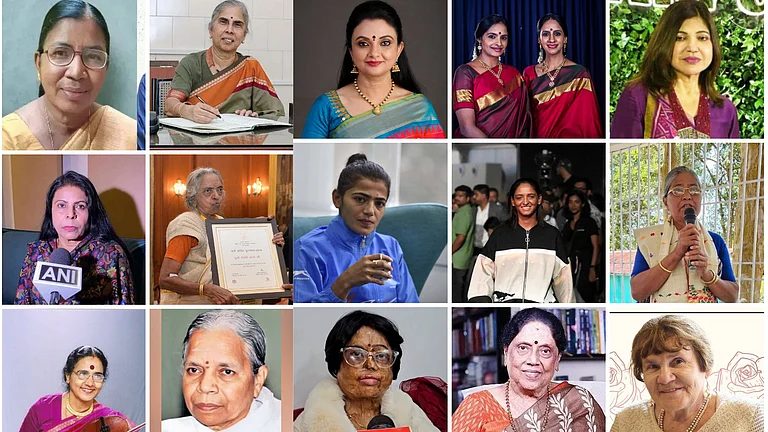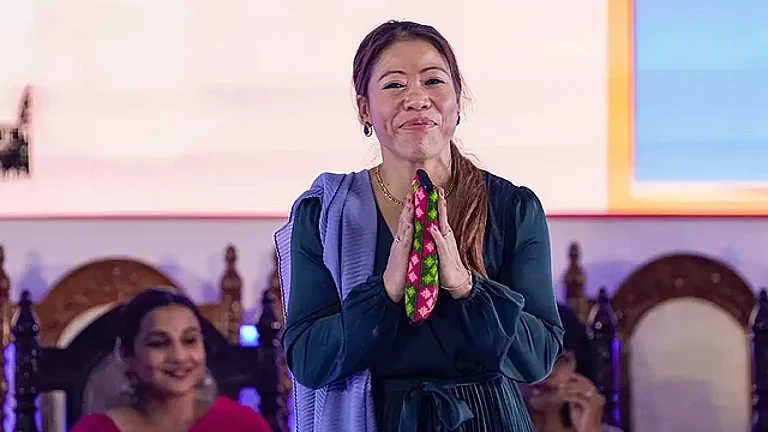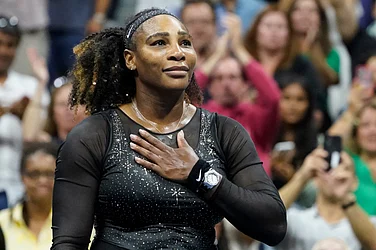Indian tennis legend Sania Mirza has opened up on the disparity in perception of men's and women's success in society. Mirza has written a thought-provoking social media post based on her own experiences, and invited one and all to introspect. (More Tennis News)
"In 2005, I was the first Indian woman to win a WTA title. Big deal, right? When I was world no. 1 in doubles, people were keen to know when I’d settle down. Winning six grand slams isn’t settled enough for society," Mirza wrote on social media platform X.
"I'm grateful for the support I've received along the way, but can't help and think why a woman's achievements invite conversation about gender 'expectations' and appearances, instead of her skill and the work itself," she added.
"I know having a real conversation about society is difficult and sometimes uncomfortable, but an introspection on the way we engage with women's success is perhaps long overdue," the tennis titan further stated.
Mirza has bagged at least one title in each of the four Grand Slams - women's doubles (2016) and mixed doubles (2009) at the Australian Open as well as US Open (2015 and 2014), women's doubles at Wimbledon (2015) and mixed doubles at the French Open (2012). She retired on March 5, 2023 after a two-decade-long career.
She was the top-ranked Indian in singles (as per the Women's Tennis Association rankings) from 2003, right until her retirement from the category in 2013.
In an interview last year, the 37-year-old hit back at a journalist for asking her how she balanced her family life and career, saying that being a mother should not become her "only identity."



























